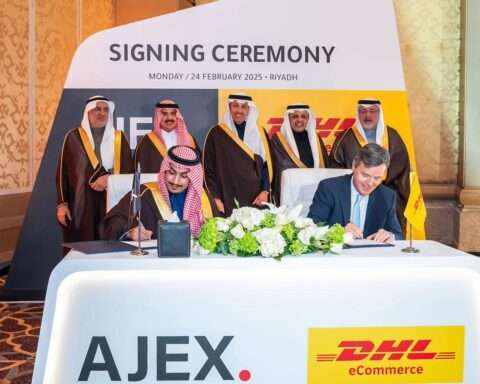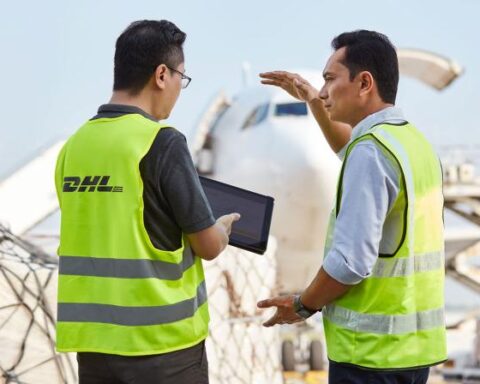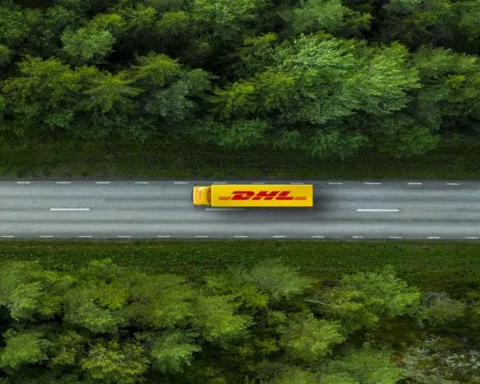Bonn – DHL Supply Chain has introduced its newest range of autonomous forklifts in Mainland Europe, with these pallet movers being the latest addition to its multi-user warehouse in Bornem, Belgium. This installation of autonomous indoor robotic transporters is part of the company’s Accelerated Digitalization strategy, and focuses on using autonomous forklifts for indoor pallet movement.
The implementation is the result of a strategic collaboration between contract logistics company DHL Supply Chain, robotic experts Logisnext Solutions, and consumer goods company Unilever to use automated technology to increase warehouse efficiency, productivity and workplace safety.
Autonomous forklifts can handle both horizontal and vertical movements of palletized goods, making them especially useful in sectors that are characterized by full-pallet handling, such as the consumer, retail and automotive sectors.
The latest range the autonomous forklift move 1,000 pallets per day, creating a smooth, accurate and stable flow of goods within the warehouse, operating 24/7. The autonomous reach trucks can manage the transportation of base volumes, while manual forklifts can still be added if higher volumes are needed. This flexibility is crucial and is supported by the DHL Robotics Hub, a platform for standardized “plug & play” integration of robotic solutions into the warehouse management system.
“As part of DHL’s Accelerated Digitalization strategy, we are continuously looking for opportunities to bring robotics and automation technologies to our sites to improve operations and bring value to our customers. Following similar deployments in our North America and UK & I business, we have now deployed the first commercial fleet of autonomous forklifts in Mainland Europe. These trucks can operate across the full height of the warehouse and provide a flexible and scalable answer to the labor-tight market” says John Scherders, CEO DHL Supply Chain Benelux & Nordics. “With Logisnext we found a partner to deploy this solution in a warehouse operation with very limited changes to the warehouse infrastructure.”
“Unilever is constantly looking for new technologies to incorporate into our world class logistics operations” says Selim Tansug, Unilever’s Vice President of Logistics for Europe. “Building on our existing collaborative partnership with DHL, the introduction of this new fleet of autonomous forklifts will improve productivity, safety and agility, allowing us to focus on providing more value to our customers, our consumers and in using our scale for good”
As part of its digitalization agenda, DHL Supply Chain regularly assesses new technologies and solutions that can be deployed on a commercial scale. In addition to robotic and wearable devices, DHL Supply Chain strongly relies on software and data analytics solutions that can provide real-time information on its customer logistics networks. Algorithms and artificial intelligence implemented with access to big data have proven to be game changers in global supply chain planning, and DHL will continue to expand their deployment.






